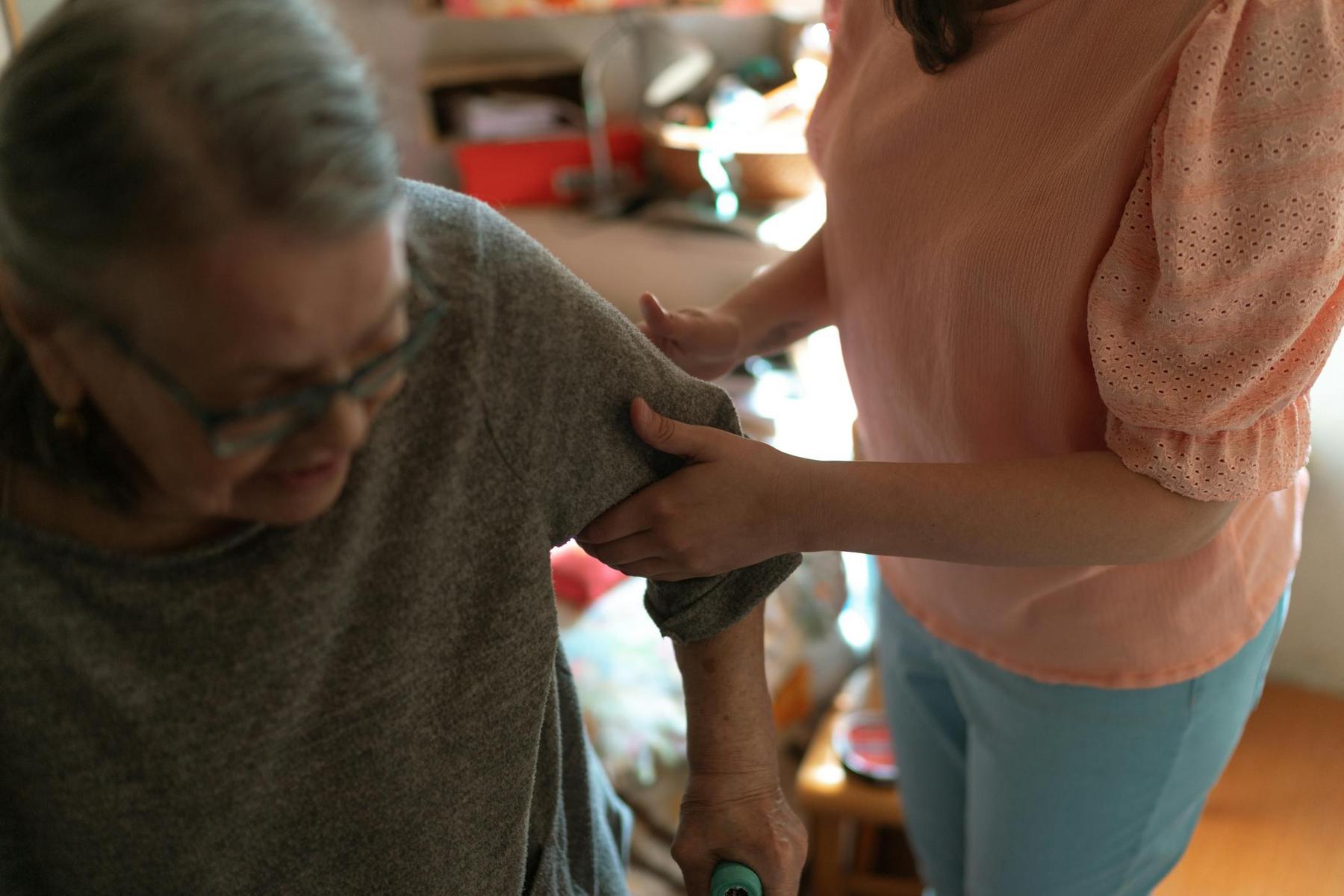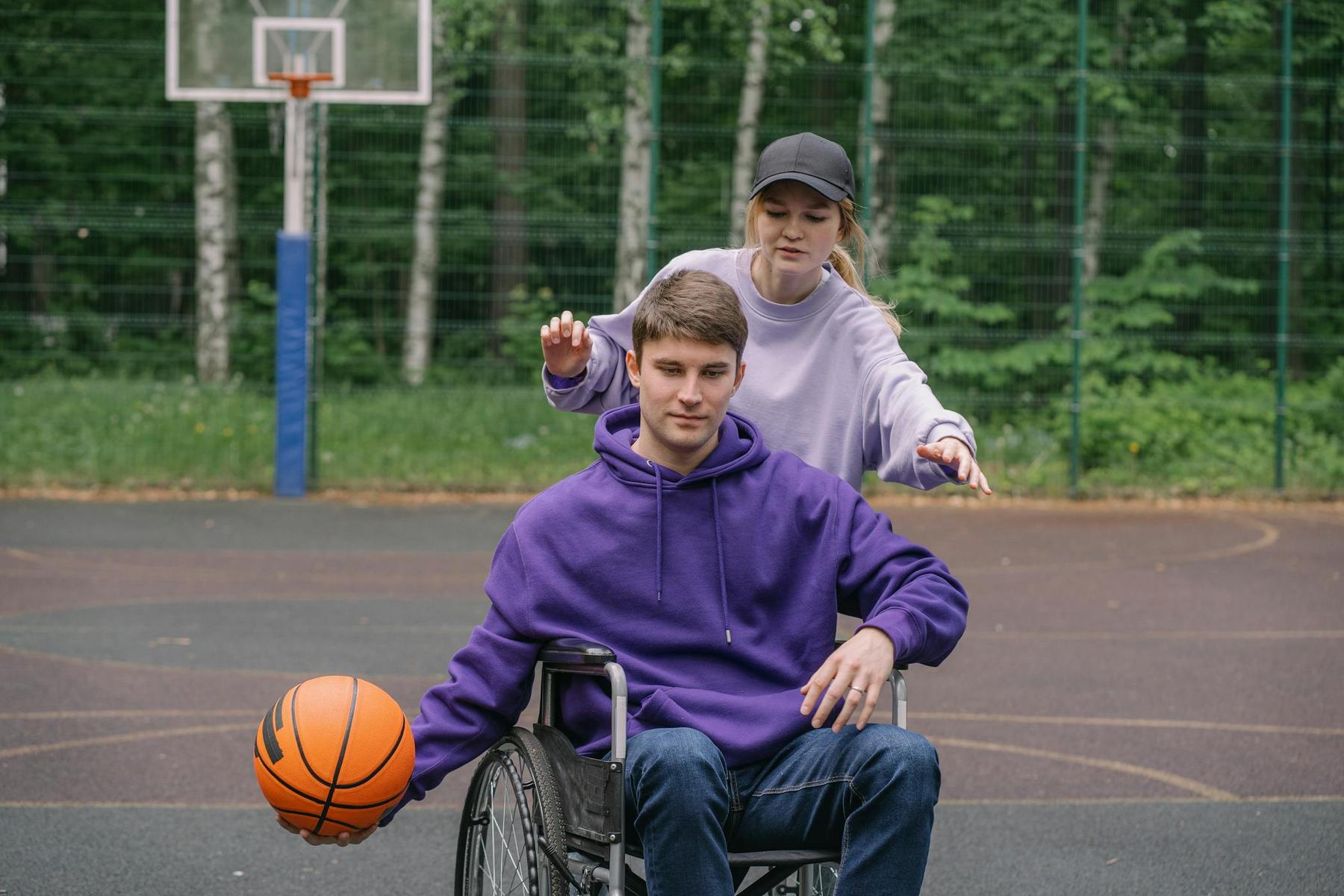When Sarah first met her support worker, she never imagined how profoundly her life would change. Like many of the 5.4% of Cairns residents who require daily assistance due to disability, she initially viewed support work as simply help with basic tasks. What she discovered was something far more transformative—a partnership that would unlock her independence, build her confidence, and connect her to her community in ways she’d never thought possible.
What Does a Support Worker Actually Do Beyond Basic Care?
The responsibilities of support workers extend far beyond the fundamental tasks many people envision. While personal care assistance—including help with bathing, dressing, and medication management—remains crucial, today’s support workers are skilled professionals who address the whole person.
In Cairns, support workers provide essential household management services, helping participants maintain safe, comfortable living environments. This includes meal preparation tailored to dietary requirements, cleaning and laundry assistance, and support with financial management. For many of the 191,000 primary carers across Queensland—72% of whom are women—this assistance provides vital respite and enables family carers to pursue their own goals.
Beyond physical support, these professionals deliver crucial emotional support and mental health advocacy. They build trusting relationships by actively listening to concerns, mediating family conflicts when appropriate, and advocating for participants’ rights within various systems. This is particularly significant for the 15,020 First Nations NDIS participants in Queensland, who often face additional systemic barriers to accessing mental health services.
Support workers also coordinate with healthcare providers, monitor participants’ wellbeing through routine check-ins, and ensure medication compliance. This comprehensive approach has contributed to reducing preventable disability-related complications by addressing risks early and maintaining strong communication channels between all care team members.
How Do Support Workers Build Independence and Life Skills?
One of the most transformative aspects of modern support work lies in skill development and capacity building. Rather than creating dependency, skilled support workers focus on teaching practical life skills that increase participants’ autonomy over time.
In Cairns, where 28% of NDIS participants engage in capacity-building activities, support workers teach essential skills like budgeting, public transportation navigation, and meal planning. These practical skills align directly with participants’ individual goals for independent living and have contributed to a 19% increase in employment rates among participants with moderate disabilities over the past five years.
Support workers facilitate community engagement through participation in local events, art classes, recreational activities, and social outings. This community connection is vital, as 37% of Australians with disabilities report experiencing social isolation. The NDIS funds community access under Capacity Building Supports, enabling activities that range from library visits to joining local sports clubs.
For participants seeking employment, support workers provide mentoring in resume writing, interview skills, and workplace adaptations. This support is crucial, considering that only 48% of working-age Australians with disabilities are employed, compared to 80% of those without disabilities. In Queensland, NDIS-funded job coaching has helped 2,815 new participants enter the workforce since 2023, with many finding meaningful employment across various industries.
What Makes NDIS Support Different in Cairns?
The NDIS framework has revolutionised disability support by emphasising participant choice and control. In Cairns, this translates to highly personalised support plans that reflect individual goals, preferences, and circumstances. The 68,000 Queenslanders accessing NDIS funding—including 3,298 new participants in the Cairns region during 2024—can select services ranging from assisted transportation to therapeutic interventions.
Supported Independent Living (SIL) represents one of the most significant innovations in disability support. These services enable participants to live in shared or private housing with NDIS-funded support workers providing assistance with daily routines while maintaining independence. SIL participants demonstrate a 30% higher retention rate in community housing compared to those in institutional settings, highlighting the effectiveness of this person-centred approach.
| Support Service Type | Primary Focus | Cairns Impact | Key Outcomes |
|---|---|---|---|
| Personal Care | Daily living assistance, health monitoring | Enables 5.4% of residents to remain independent | Reduced hospitalisation, maintained dignity |
| Household Support | Domestic tasks, meal preparation | Supports 191,000 QLD carers (72% female) | Enhanced safety, family respite |
| Skill Development | Life skills, employment preparation | 28% participate in capacity building | 19% employment increase over 5 years |
| Community Access | Social participation, recreational activities | $18M contributed to local Cairns economy | Reduced isolation, increased social connection |
However, challenges remain within the system. Only 10.6% of Queensland’s NDIS participants identify as First Nations people, reflecting ongoing barriers to access in remote communities. Additionally, 12.5% of new participants experience delays in plan reassessments, which can postpone access to essential services. Support workers play a crucial role in addressing these systemic issues by advocating for culturally sensitive care and helping navigate bureaucratic processes.
How Are Support Workers Trained for Complex Needs?
The professionalisation of support work has become increasingly important as the sector grows. Queensland’s NDIS workforce expanded by 11,179 aged and disabled carers between 2016 and 2020, driven by increasing demand for skilled professionals who can manage complex care requirements.
Accredited training programmes, such as the CHC33021 Certificate III in Individual Support, equip support workers with trauma-informed care techniques and a comprehensive understanding of NDIS compliance standards. This training is particularly crucial in Cairns, where the diverse needs of the disability community require workers who understand both technical care requirements and cultural sensitivity.
For participants with complex health needs—such as those requiring ventilator support, tracheostomy care, or management of conditions like diabetes—support workers undergo specialised High-Intensity Daily Personal Activities (HIDPA) training. This advanced training enables them to provide subcutaneous injections, wound care, and other medical procedures under the supervision of registered nurses.
This specialisation has yielded significant results, reducing hospital readmissions by 22% for participants with life-limiting diagnoses and ensuring continuity of care that would otherwise require institutional support. The investment in training reflects the sector’s commitment to providing safe, effective, and dignified care for all participants.
What Economic and Social Impact Do Support Workers Create?
The work of support workers extends far beyond individual participants to create broader economic and social benefits for communities like Cairns. Every dollar invested in NDIS support generates $2.25 in economic returns through reduced welfare dependence and increased productivity across the community.
In Cairns specifically, NDIS participants contribute approximately $18 million annually to local businesses through assisted shopping trips, leisure activities, and community participation. This economic participation demonstrates how effective support work creates positive ripple effects throughout the entire community.
Support workers also play a crucial role in reducing carer burden, particularly for the 72% of female family carers across Queensland who often balance caregiving responsibilities with employment and other commitments. NDIS-funded respite care has correlated with a 15% decrease in carer burnout statewide, enabling family members to maintain their own wellbeing while supporting their loved ones.
The cost-effectiveness of quality support work becomes evident when comparing community-based care to institutional alternatives. SIL services reduce public healthcare costs by $9,200 per participant annually by preventing unnecessary institutionalisation and maintaining participants’ health and independence within their communities.
Creating Lasting Change Through Person-Centred Support
Support workers in Cairns and across Australia are pioneering a new understanding of what disability support can achieve. By focusing on individual strengths, building practical skills, and fostering community connections, they’re demonstrating that effective support work creates independence rather than dependence.
The transformation extends beyond individual participants to strengthen entire communities. When people with disabilities can participate fully in community life—whether through employment, social activities, or civic engagement—everyone benefits from the increased diversity, resilience, and social cohesion that results.
As Australia works toward its 2031 disability strategy targets, the role of support workers will continue evolving. The focus on participant choice, skill development, and community inclusion represents a fundamental shift from traditional models of care to empowerment-focused support that recognises the potential and rights of every individual.
The success stories emerging from Cairns and communities across Queensland demonstrate that with the right support, training, and resources, support workers can indeed provide far more than assistance—they can be catalysts for transformation, independence, and inclusion.
What qualifications do support workers need in Cairns?
Support workers in Cairns typically hold a Certificate III in Individual Support (CHC33021) or an equivalent qualification. Those providing high-intensity care require additional specialised training in medical procedures, while all workers must complete NDIS-specific training in person-centred approaches and safety standards.
How much do NDIS support services cost in Cairns?
NDIS support service costs are determined by the participant’s individual plan and chosen providers. The NDIS sets maximum rates for different types of support, with participants able to allocate their funding across various services based on their goals and needs.
Can support workers help with employment preparation in Cairns?
Yes, support workers assist with employment preparation through capacity-building services funded by the NDIS. This includes help with resume writing, interview skills, workplace adaptations, and ongoing job coaching to support successful employment outcomes.
What’s the difference between a support worker and a carer?
While both provide assistance, support workers focus on building independence and skills rather than just providing care. They operate under the NDIS framework to help participants achieve their goals and increase their autonomy, whereas traditional carers typically focus on meeting immediate care needs.
How do I find quality support workers in Cairns?
Quality support workers can be found through registered NDIS providers, local disability organisations, or the NDIS provider finder tool. Look for providers with relevant qualifications, positive participant feedback, and experience working with people who have similar needs.



